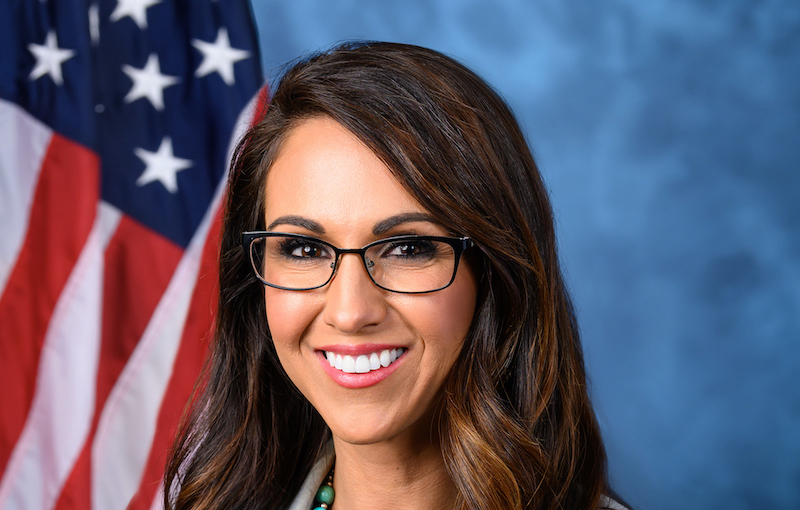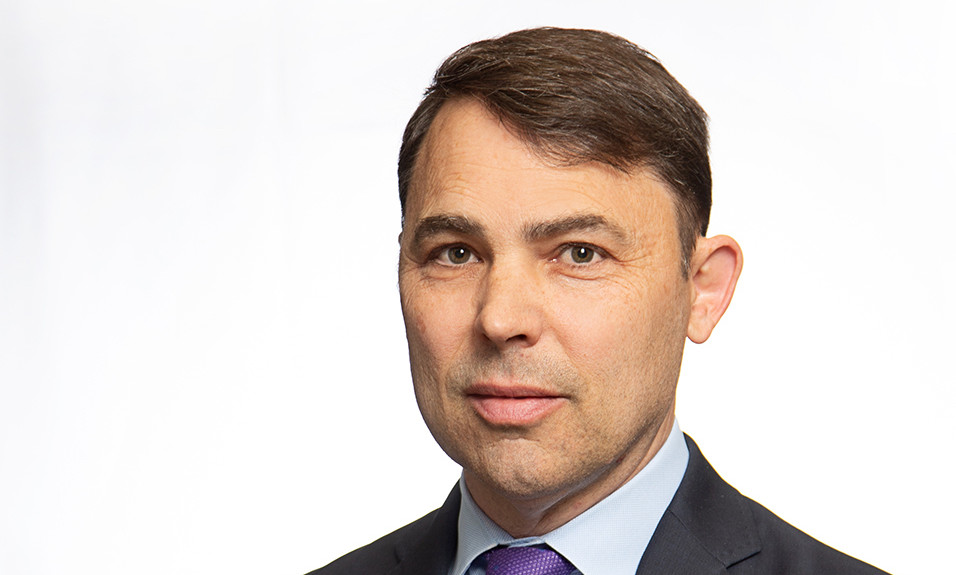A note of caution to everyone in the treatment community and beyond: Choose your words wisely—they make a difference
By Matthew Stefanko
March 2, 2021TreatmentMagazine.com has joined Shatterproof’s End Addiction Stigma coalition. As part of our work on this movement, we are honored to publish this op-ed by Matthew Stefanko, director, Shatterproof’s National Stigma Initiative.
As millions deal with extreme social isolation for the first time in their lives, many conversations happening in the United States have increasingly focused on the importance of mental health and addiction. Since the pandemic began in the United States nearly a year ago, countless headlines, magazine articles and news segments have mentioned mental health and addiction, often in the context of employee health or maintaining wellness while working from home.
By choosing to change your language and to educate others, you become part of the solution to overcome the addiction and suicide crisis that claims tens of thousands of lives every year.”
Other conversations focus on the impact of the pandemic on misuse of alcohol and other drugs, which spiked in 2020. Economic uncertainty, social isolation and burdened healthcare delivery systems contributed to a 42% increase in overdoses in the United States in May 2020 alone. Drug overdoses were linked to greater than 81,000 people’s deaths from June 2019 to May 2020, according to the Centers for Disease Control and Prevention (CDC), increasing 18% relative to the 12 months prior.
As people working alongside those who use drugs and individuals in recovery, it is a regular occurrence to participate in an email chain or see an article in a prominent news source where examples of biting words like “addict” or “junkie” are casually used to discuss those with a substance use disorder.
The impact of this language is clear. Using terms like “drunk,” “addict” and “junkie” can imply that individuals cause their illness. Implicit in this characterization is that substance use is a result of deficient character rather than a person suffering from a medical condition that should have access to evidence-based treatment from qualified health professionals.
A nationwide survey found that describing people as ‘drug addicts’ versus having an ‘opioid use disorder’ led to more stigmatized views among the respondents.”
A nationwide survey found that describing people as “drug addicts” versus having an “opioid use disorder” led to more stigmatized views among the respondents. Academic studies have also looked at the impact stigmatizing language has on the behavior of clinicians. One example is a 2010 study conducted with more than 500 trained mental health and addiction clinicians to understand whether referring to someone as a “substance abuser” rather than “an individual with a substance use disorder” led to different behavior. It found respondents exposed to the term “an individual with substance use disorder” were less likely to say the person was personally responsible for their illness and was more likely to recommend therapeutic, rather than punitive, action.
Marissa, a woman in recovery and a Shatterproof Ambassador, talks about what it is like to be on the receiving end of these epithets, saying, “Words have impacted me at my most vulnerable times. Some words felt like attacks, attempting to replace my true identity. Instead of intelligent, funny or hardworking, I became homeless, indigent and incapacitated. The words become grenades—strategically spoken at times in order to do the most damage.”
By now, individuals must know better than to use exclusionary terminology. There have been countless efforts by advocacy organizations to encourage change. One explanation for why behavior change may lag relates to how people mirror what they hear from individuals with substance use disorders when they themselves use words like “addict” to discuss their own identity. Some individuals may indeed identify with words research has deemed as stigmatizing. For example, one study found individuals who used heroin often described themselves as “addicts,” but preferred others to call them a “person who uses drugs.”
It is important that those within a stigmatized or discriminated community are given the space to determine their comfort with the use of stigmatized terms and when the use of these terms are appropriate. In no circumstance does that then make it appropriate for the public or healthcare professionals to use those same, damaging words.
Most changes in our common terminology and speech happen by making a personal commitment to changing our behavior. Marissa shares how using supportive language helped her, saying, “Eventually, [my] feelings were replaced with optimism, encouragement and words that provided healing.”
By choosing to change your language and to educate others, you become part of the solution to overcome the addiction and suicide crisis that claims tens of thousands of lives every year. So, ask yourself these questions when choosing your words:
- Would you use this language to describe other medical conditions (e.g., “clean”)? Instead, use medically accurate language.
- Are you defining this person by their disease (e.g., “He is an addict”)? Help remind others that there is a person behind their addiction.
Even simpler than the two suggestions above, ask yourself the following question: Would I want someone to talk about my loved one this way?
For a list of common words to avoid and recommended terminology, please visit Shatterproof’s language guide.
Photo: Tim Mossholder














